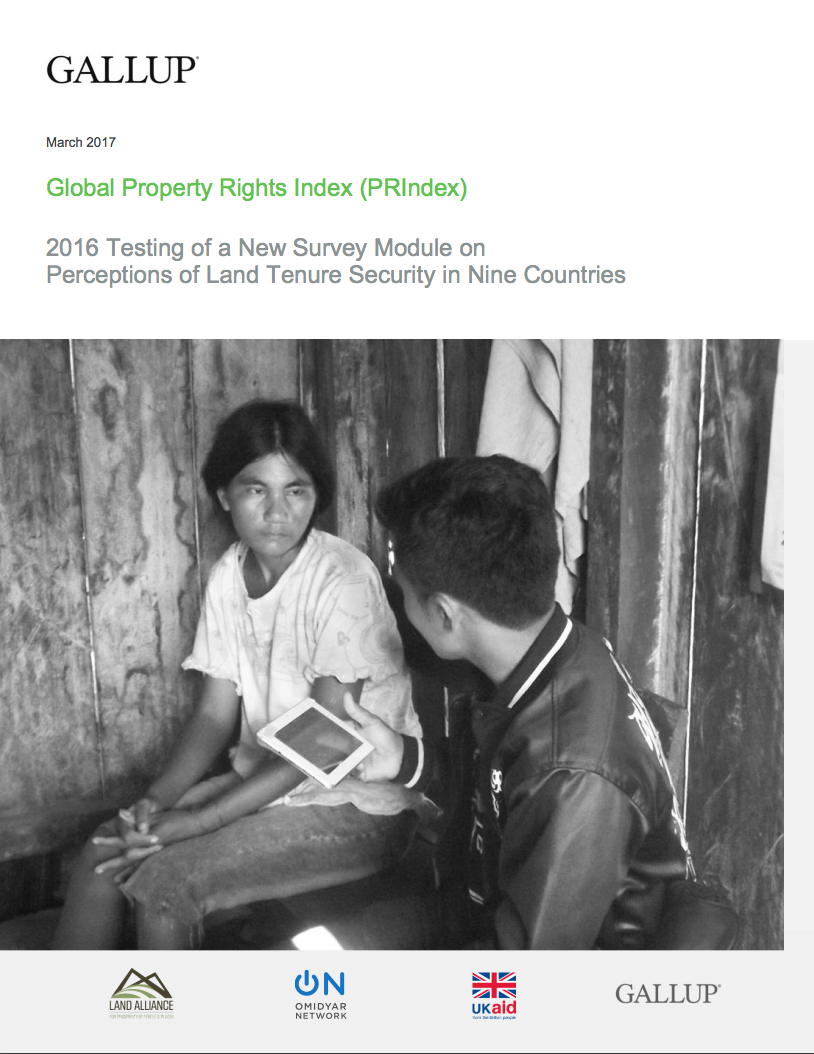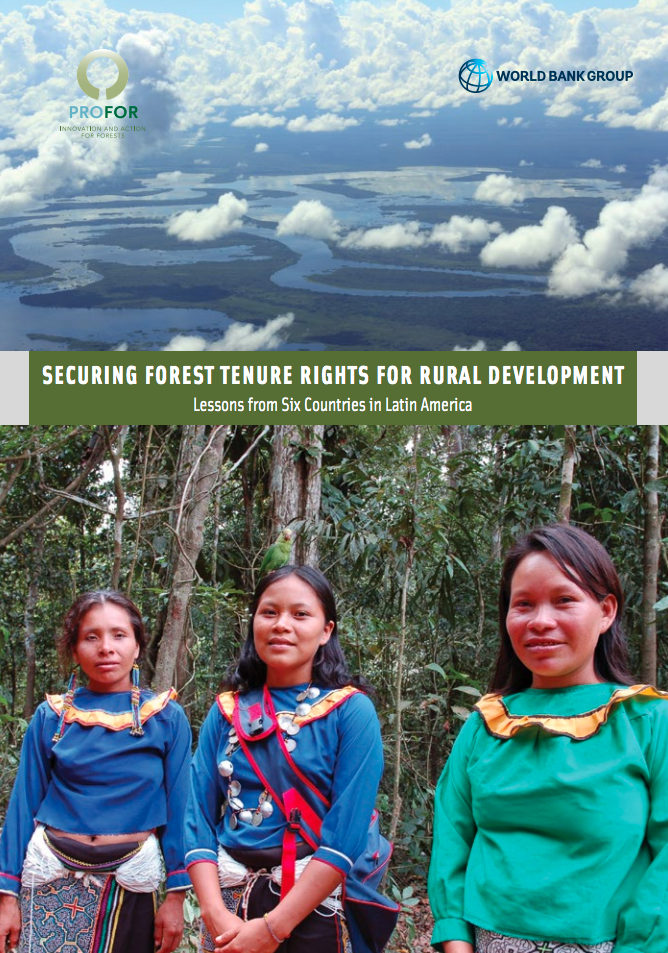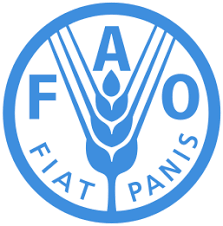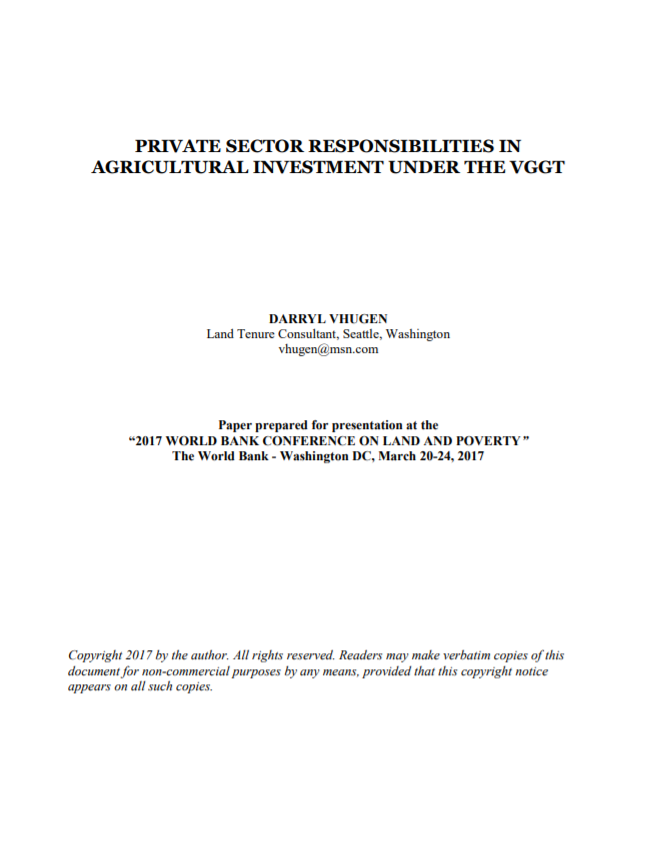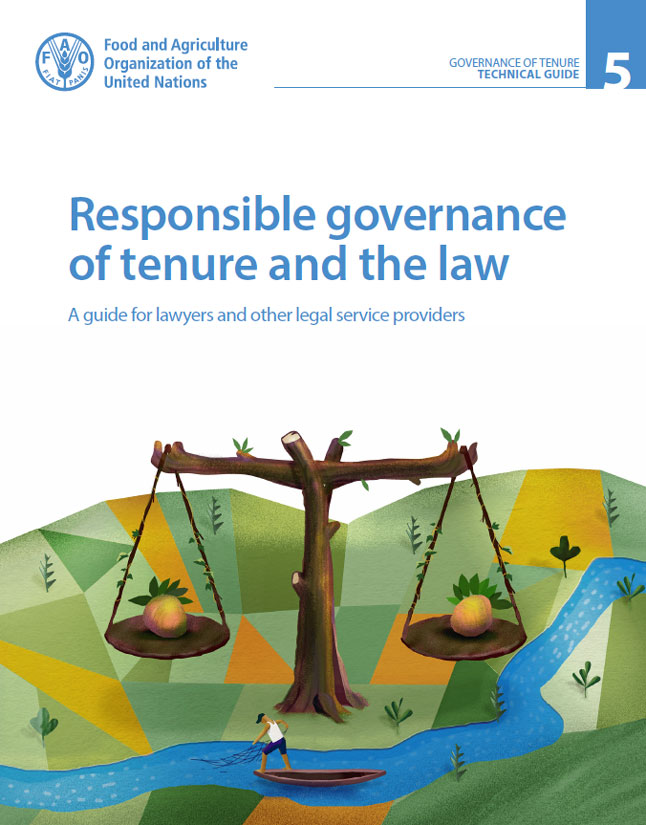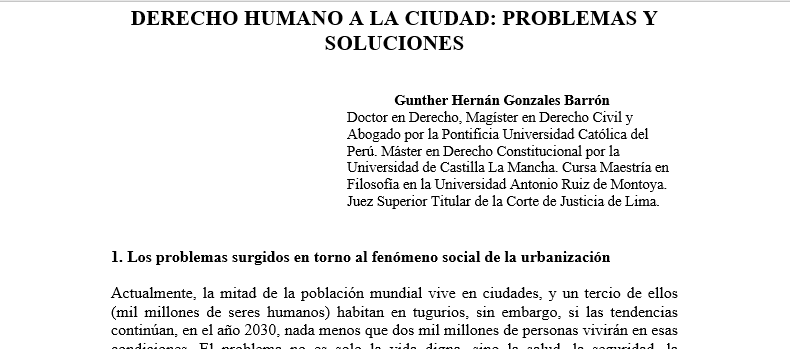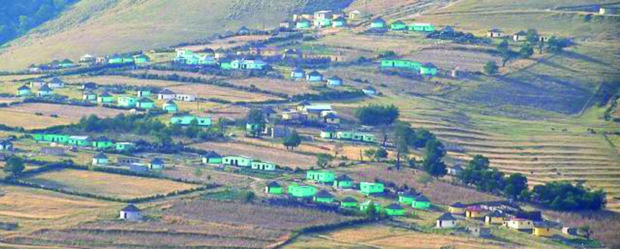Briefing Note: A Collaborative Approach to Human Rights Impact Assessments
This briefing note, co-authored with the Danish Institute for Human Rights and the Sciences Po Law School Clinic, outlines a new approach to conducting human rights impact assessments (HRIAs) of business operations or projects, which brings together project-affected people, the company, and other stakeholders to jointly design and implement an assessment.


